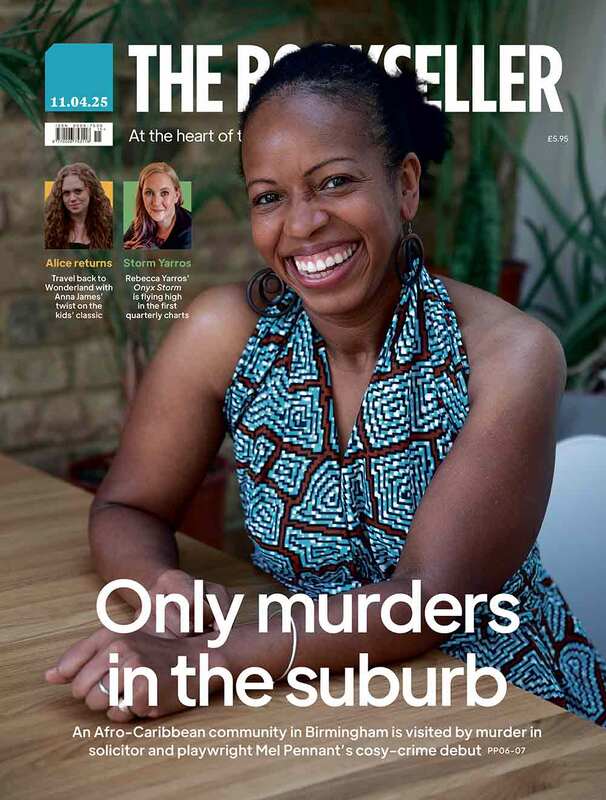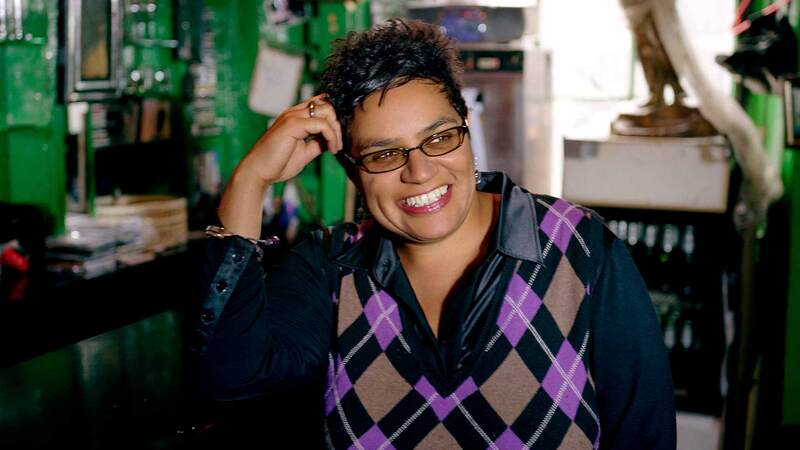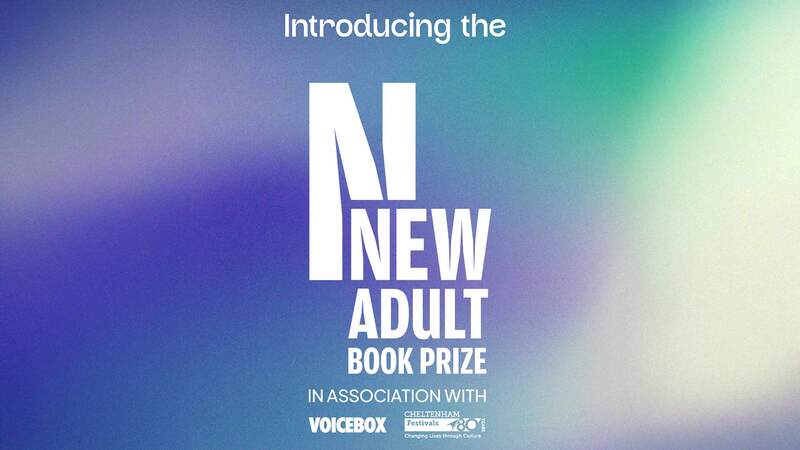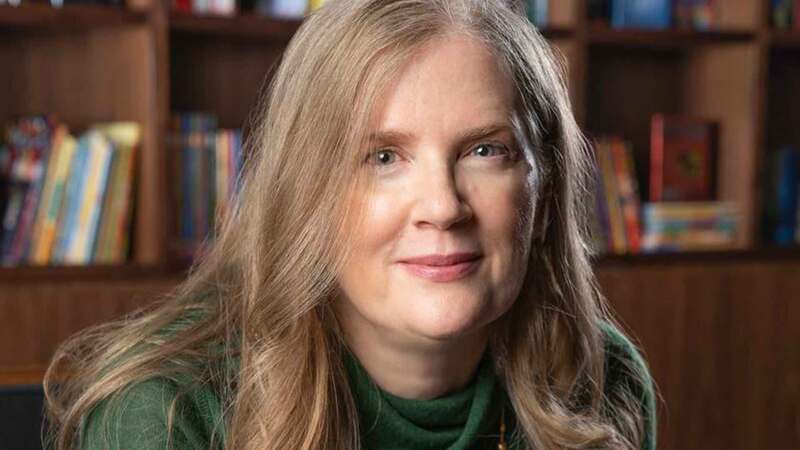You are viewing your 1 free article this month. Login to read more articles.
More wade in to defend Literature Wales
The row over the Welsh government's review into its support for the Welsh book industry has snowballed, with more people wading in to criticise it.
Commissioned to investigate whether the Welsh government's aims in supporting the Welsh book industry were being achieved, the recent government review found that there was "significant good practice and effective support for publishing and literature that should be continued and built upon for the future". However, it also accused literature development company Literature Wales of being "inward looking" and "uncertain as to its proper purpose", and recommended that some of its functions should be transferred to trade body the Welsh Books Council.
Last month, Literature Wales said it had "serious concerns" about the findings. But now its chair Professor Damian Walford Davies, along with former national poet of Wales Gillian Clarke, and arts body Arts Council in Wales, have all waded in to defend the organisation.
Walford Davies said in a statement: “It is a matter of grave (public) concern that the [review] panel has presented a portrait of Literature Wales – and that is in so many respects inaccurate and ill-informed. Its unaccountably hostile analysis of Literature Wales lacks an evidential base."
He added: "As Chair of Literature Wales, I refute in the strongest possible terms the panel’s misinformed depiction of Literature Wales – something that should be of acute concern to the sector as a whole. These misrepresentations are unacceptable in a public document; the sector, and the Welsh Government, deserve better. I have full confidence in my dynamic and diverse board of directors and in the excellent and dedicated team of expert staff who share my own vision of literature as a multi-form force for individual imaginative growth and social change."
A second official statement from the organisation as a whole echoed Walford Davies comments, saying that the recommendations were based on "incorrect evidence" and "unsubstantiated" criticisms.
“The recommendations presented by the panel are based on incorrect evidence of Literature Wales’s own remit and programme of work," it said. "The review contains misleading and inaccurate accounts of Literature Wales’s governance. The criticisms the panel levels at Literature Wales’s governance are unsubstantiated. Documents contradicting these claims, supported by evidence presented by the Arts Council of Wales, were made available to the panel."
Literature Wales also rejected the review's claim that staff wages accounted for 75% of its budget, saying the real figure was 47%.
For its part, the Arts Council of Wales said it was “deeply disappointed by the quality of the report”, arguing that it was “partial in its analysis and inconsistent in its judgement” which “undermines the authority of the review panel’s conclusions”.
The council also disagreed with the recommendation that some of Literature Wales' functions should be transferred to the Welsh Books Council. "The Books Council has many strengths, but the report contains no assessment of whether these particular changes are likely to work," it said. "This single solution is advanced with no evaluation of its benefits and no assessment of its value for money. This is a poor basis for proposing such radical change.”
Meanwhile Clarke, the former national poet of Wales, who helped set up creative writing centre Tŷ Newydd, sent a letter to economy secretary Ken Skates, criticising the report’s “shallow, inaccurate” account of the activities and achievements of the centre.
The review had concluded that Literature Wales-run Tŷ Newydd was "clearly underperfoming" while in receipt of a grant of over £110,000 per annum and added that the centre was aimed at "retired hobbyists" and thought to be "outdated" by many.
"The demeaning remark in the report about ‘retired hobbyists’ is insulting and false", Clarke said. "In fact, as well as masterclassers, Tŷ Newydd welcomes the young, the elderly, the disabled, the lonely, those suffering from dementia and those who help them. Language for such people, and those who work with them, has an enabling, curative power. The tutors, all published writers, are appropriately chosen for each group of participants."
Despite the criticism, a spokesperson for the Welsh Government told The Bookseller that the report's findings had been accepted and would now be taken forward.
“The independent review of support for publishing and literature has been completed and the panel’s report has been published," a spokesperson said. "The Cabinet Secretary has stated that he is minded to accept the report’s main recommendations and we will now work with the relevant organisations in taking them forward.
“The Welsh Government is grateful to Literature Wales, the Arts Council of Wales and the Welsh Books Council for the constructive dialogue it has had so far. There is much work to be done to implement the vision of better support for publishing and literature and the Welsh Government will work closely with all of the key stakeholder organisations in making that possible.
“The Welsh Government will formally respond to the report in due course.”














